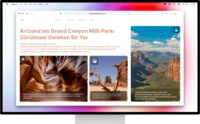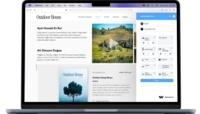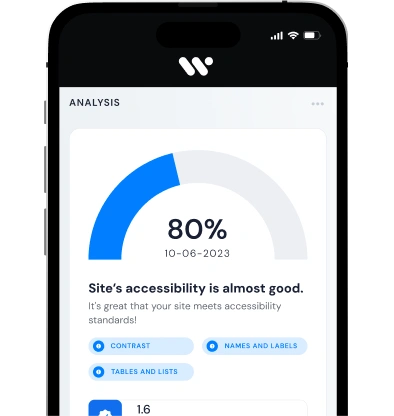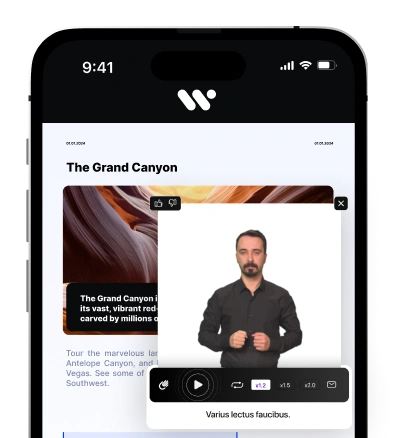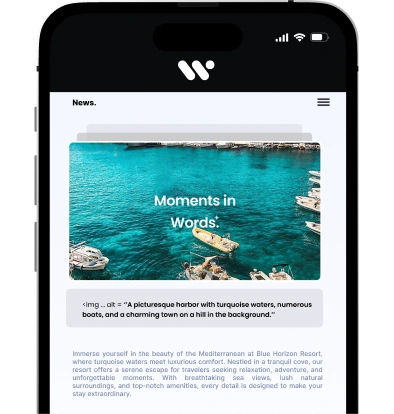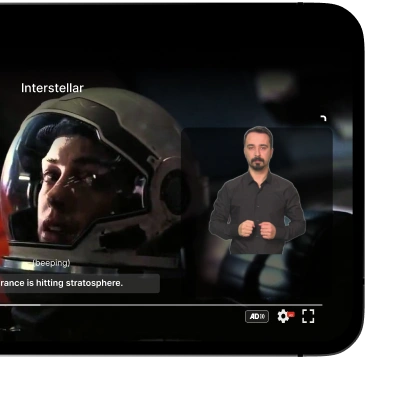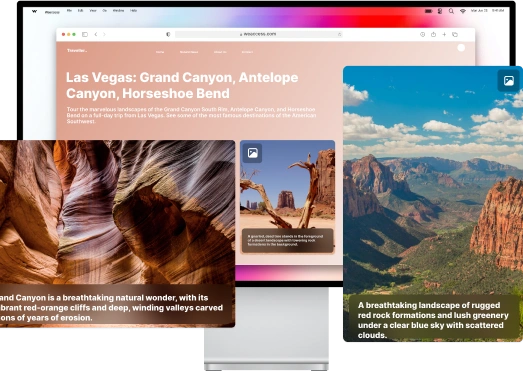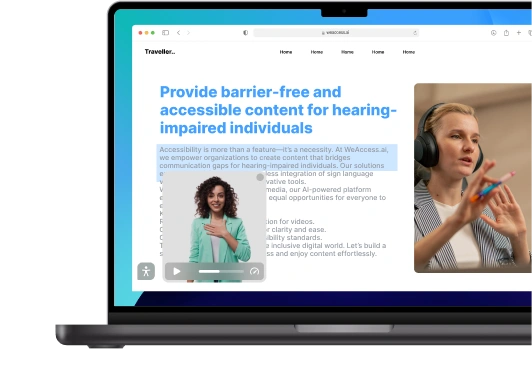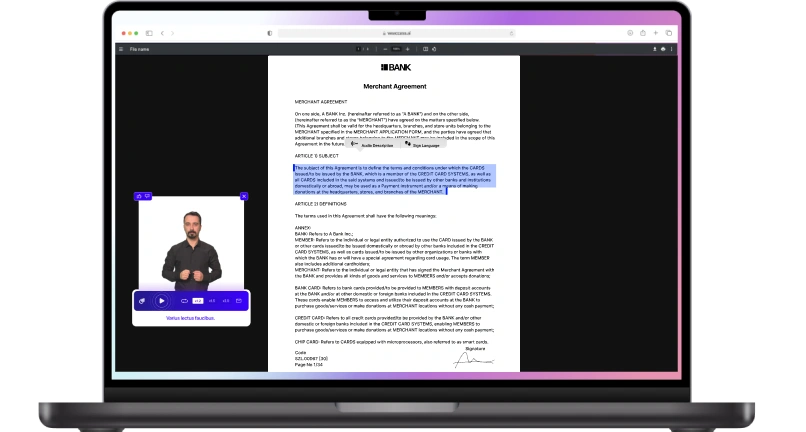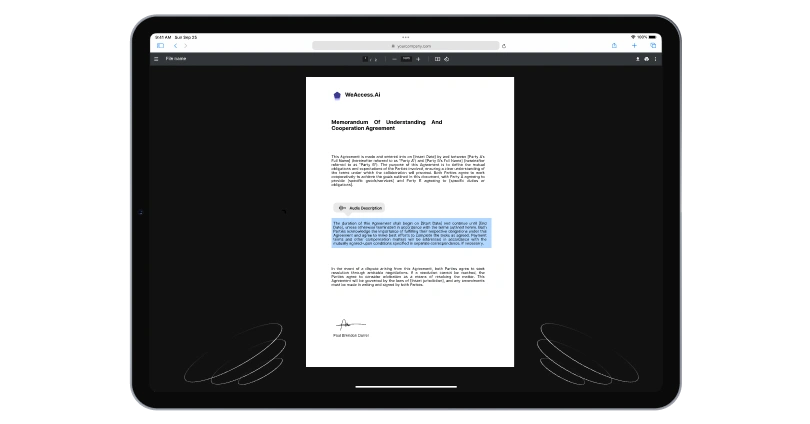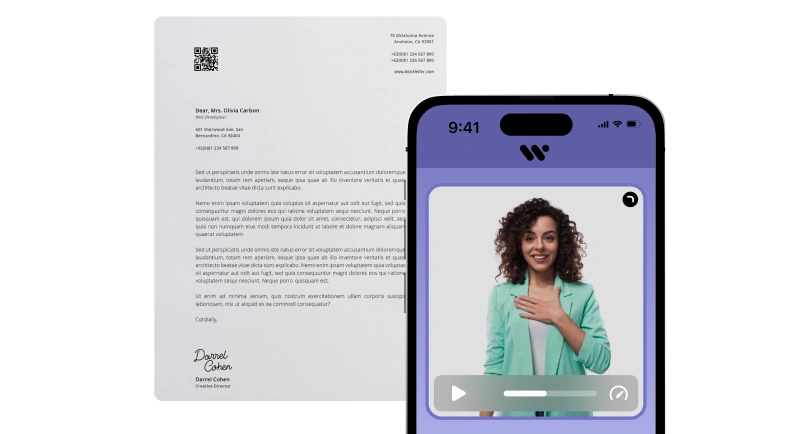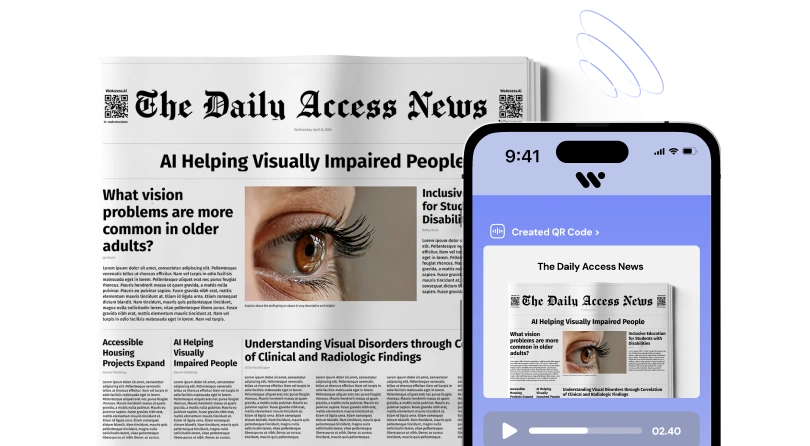Exploring Accessibility in Italy
When planning a trip to Italy, ensuring accessibility for individuals with disabilities is crucial for a fulfilling travel experience. From exploring the enchanting cities of Venice and Florence to savoring the cultural heritage of Naples and Vatican City, every traveler deserves to relish the flavors of Italy without encountering accessibility challenges.
How to Plan Accessible Travels in Italy
Switzerland’s digital accessibility laws aim to ensure equal access to information and services for people with disabilities. The Disability Discrimination Act (DDA) in Switzerland outlines the requirements for digital accessibility, including websites and other digital content.
How to Plan Accessible Travels in Italy
Researching wheelchair accessible attractions is a key step in planning an accessible trip to Italy. Prioritize booking handicap-accessible hotels to ensure a comfortable stay. Utilizing accessibility information in Italian cities such as Milan, Tuscany, and Siena is essential for a seamless travel experience.
Researching Wheelchair Accessible Attractions
When researching attractions in Italy, look for wheelchair-accessible options to make the most of your trip. Many cities in Italy offer accessible tours and services to cater to the needs of wheelchair users and people with disabilities. It's important to consider the accessibility of museums, monuments, and tourist attractions to create a personalized and enjoyable itinerary.
Booking Handicap-Accessible Hotels
Understanding WCAG guidelines
Accessible hotels play a vital role in ensuring a comfortable stay for travelers with disabilities. When making reservations, inquire about the accessibility features offered by the hotel, including wheelchair-accessible rooms, accessible entrances, and other amenities designed to accommodate the needs of disabled guests.
Utilizing Accessibility Information in Italian Cities
Each city in Italy offers its own unique accessibility challenges and opportunities. Exploring the wheelchair accessibility of popular tourist destinations such as Venice, Florence, and Naples enables travelers to plan their itineraries effectively. Accessible water taxis in Venice and wheelchair-friendly museums in Florence are just some examples of the accessible experiences awaiting visitors.
Travel Tips for Individuals with Disabilities in Italy
Understanding wheelchair accessibility in Venice, exploring Florence's accessible tourist attractions, and assessing the accessibility of museums and landmarks in Naples are essential for a memorable trip to Italy. Venice, known for its intricate canal network, offers accessible water taxis, while Florence boasts wheelchair-accessible cultural treasures waiting to be discovered.
Understanding Wheelchair Accessibility in Venice
Venice, with its charming canals and historic sites, presents unique challenges and opportunities for wheelchair users. However, accessible water taxis and wheelchair-friendly routes enable individuals with disabilities to navigate the city and experience its timeless beauty.
Exploring Florence's Accessible Tourist Attractions
Florence, renowned for its iconic art and architecture, offers accessible experiences for travelers with disabilities. Accessible museums, such as the Uffizi Gallery, and wheelchair-friendly walking tours provide enriching opportunities to immerse oneself in the cultural heritage of the city.
Accessibility of Museums and Landmarks in Naples
Naples, a city brimming with history and culinary delights, offers wheelchair-accessible options for exploring its renowned museums and landmarks. Accessible transportation and well-maintained pathways contribute to a comfortable and enjoyable visit for people with disabilities.
Wheelchair Accessible Tours and Services in Italy
Finding wheelchair-accessible tours in Italy, accessing travel services tailored for disabled tourists, and visiting Vatican City with a guide designed for wheelchair users enhance the accessibility and inclusivity of travel experiences in Italy. From customized itineraries to accessible accommodations, these services cater to the diverse needs of travelers with disabilities.
Finding Wheelchair-Accessible Tours in Italy
Several tour operators in Italy offer specialized wheelchair-accessible tours that highlight the country's cultural, historical, and culinary delights. These tours are crafted to ensure that individuals with disabilities can fully participate in and enjoy the richness of Italian travel experience.
Accessible Travel Services and Resources for Disabled Tourists
Access to comprehensive travel services, including accessible transportation, guided tours, and accommodation arrangements, significantly contributes to the comfort and convenience of disabled tourists. Italy's dedication to providing accessibility resources fosters a welcoming environment for all visitors.
Visiting Vatican City: A Guide for Wheelchair Users
Vatican City, a must-visit destination for its historical and religious significance, is committed to accommodating wheelchair users. Accessible tours and designated pathways ensure that visitors with disabilities can explore the Vatican Museums, St. Peter's Basilica, and other iconic sites without limitations.
Customizing Your Trip for Accessibility in Italy
Adapting itineraries for individuals with disabilities, accommodating special needs travelers in Italian hotels, and planning flexible itineraries for easy accessibility are integral aspects of customizing a trip to Italy. Tailoring the travel experience to address specific accessibility requirements fosters a sense of inclusivity and comfort for all travelers.
Adapting Itineraries for Individuals with Disabilities
Customizing itineraries to suit the unique needs of individuals with disabilities involves careful consideration of accessibility features, transportation options, and the availability of accessible amenities at various attractions. Prioritizing wheelchair-accessible sites and experiences ensures a fulfilling and barrier-free journey.
Accommodating Special Needs Travelers in Italian Hotels
Italian hotels have made significant strides in providing accessible accommodations, including wheelchair-accessible rooms, spacious entrances, and dedicated amenities to address the specific requirements of special needs travelers. Ensuring a seamless stay for guests with disabilities is a top priority for hotels across Italy.
Planning Flexible Itineraries for Easy Accessibility
Flexibility plays a key role in optimizing accessibility during travel. Planning adaptable itineraries allows individuals with disabilities the freedom to explore Italy at their own pace, accounting for rest breaks, alternative routes, and accessible dining and restroom facilities along the way.
Stay Informed: Get Updates on Accessible Tourism in Italy
Stay informed about the latest initiatives and advancements in accessible tourism across Italy. By receiving regular updates, travelers can make informed decisions and access the necessary resources to enhance the accessibility of their trips.
Access Exclusive Travel Tips for Wheelchair Users in Italy
Access a wealth of exclusive travel tips tailored to meet the needs of wheelchair users. From navigating specific attractions to finding accessible dining options, these insights empower individuals with disabilities to make the most of their travels in Italy.
Receive Accessibility Information for Your Trip to Italy
Subscribe to receive comprehensive accessibility information for your upcoming trip to Italy. Empower yourself with valuable insights, resources, and guidance to ensure a hassle-free and enjoyable travel experience, tailored to your specific accessibility requirements.
Does WeAccess work for tourism accessibility?
Weaccess offers accessibility services not only for websites but for many areas. You can provide accessibility for your printed materials with the Weprinted product and you can contact us for many more weaccess products. Our team at Weaccess knows the importance of making information accessible to everyone, regardless of their abilities. That's why we offer a range of services beyond just website accessibility.
With our Weprinted product, we can help make your printed materials, such as brochures, flyers, and documents, accessible to individuals with disabilities. We can convert your existing materials into accessible formats, such as Braille, large print, audio, or digital formats that are compatible with screen readers.
In addition to Weprinted, we have a variety of other products and services to ensure accessibility across different platforms. Whether it's ensuring your mobile app is accessible, providing captioning and audio description for videos, or offering training and consulting services to help your organization understand and implement accessibility best practices, we have the expertise to meet your needs.
We believe that accessibility should be a priority in all aspects of business and communication, and we are committed to making that a reality. Contact us today to learn more about our comprehensive suite of accessibility solutions.
What is the European Accessibility Act Italy?
The European Accessibility Act aims to improve the accessibility of products and services for persons with disabilities. Italy, as a member of the European Union, is committed to implementing this directive to ensure equal access for all citizens. The act covers a wide range of areas including banking, transportation, communication, and more, with the goal of creating a more inclusive and accessible environment for everyone.
you may be interested in EU Accessibility!



